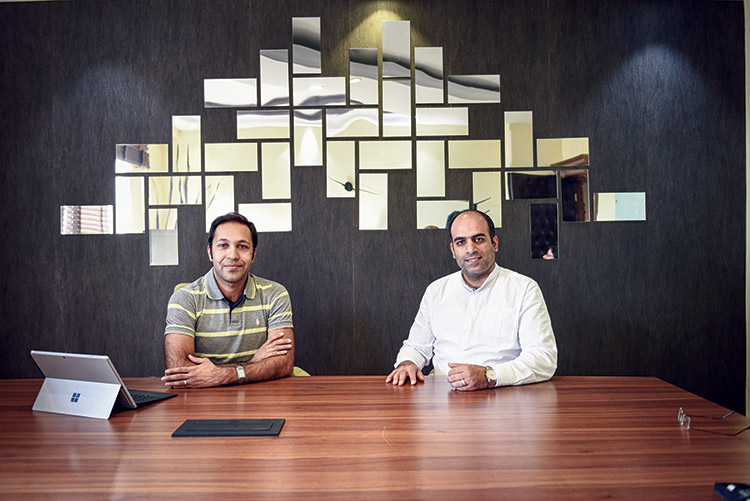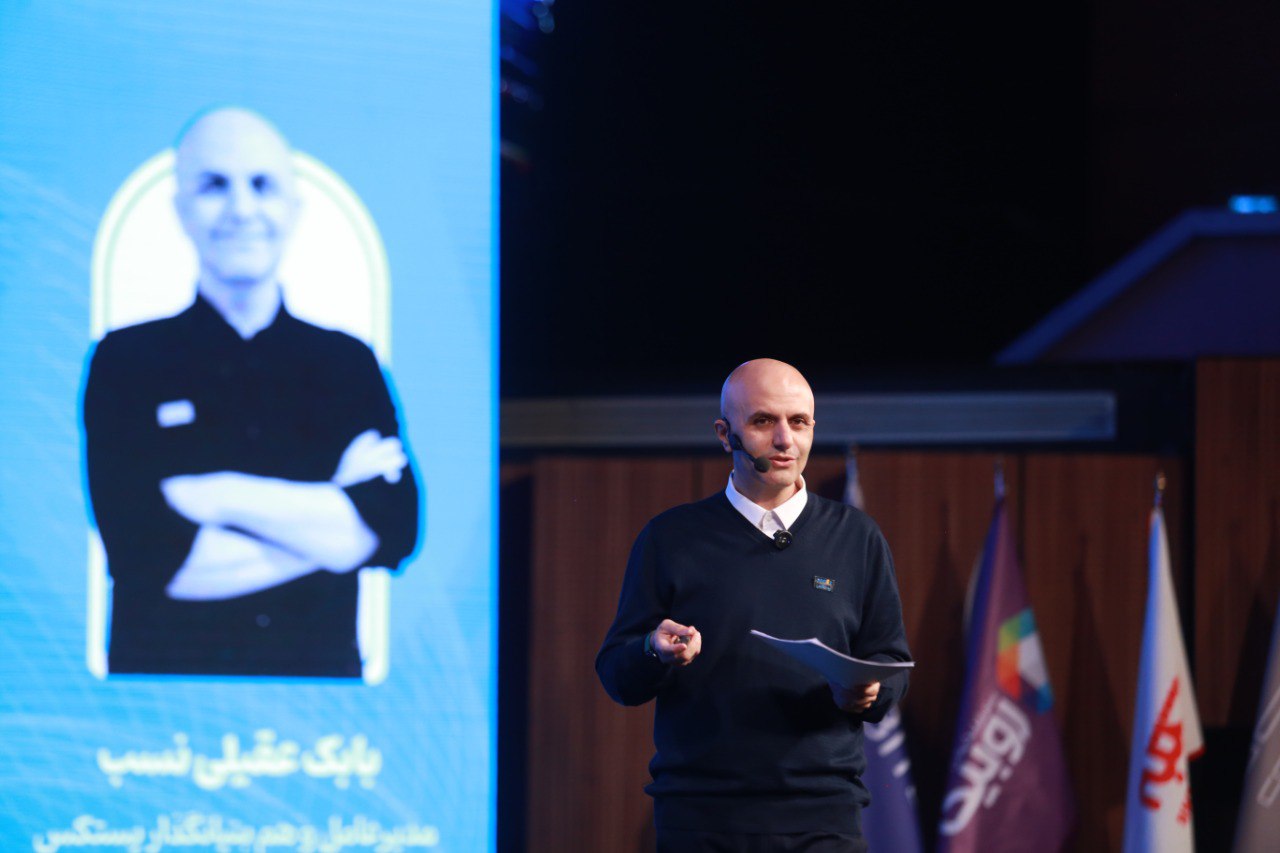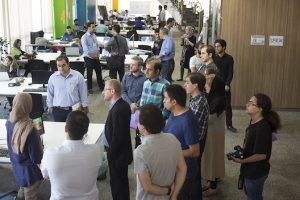You will hear us loud
Keyvan Jafari and Hamed Karimian, co-founders of Taraabarnet say the freight market has become a forbidden area for startups. Who doesn’t want people to get cheap goods, They say we must first give them 30% of our shares.
The bigger the market, the harder it is to get into, and the faster the speed of regulation and the variety of practices.
The road freight market in Iran is one of those markets, with a market estimated at up to 40 billion tomans and 30 million bills annually that eachone worth at least 300,000 Tomans, and of course, most of the road freight costs between 300 thousand to 10 million Tomans.
We should add to this that there are about 360,000 active trucks operating licenses and about 500,000 drivers in Iran, Meanwhile, there are about 4,500 traditional transportation companies in the market.
But where are the startups in this market and how far have they been able to move forward in this market?
Keyvan Jafari and Hamed Karimian, co-founders of Taraabarnet , have a lot to say about this market and its hardships.
Traditional businesses own this market and it seems that the famous startups’ war with the traditions in this market is continuing with the conflict. As a result, startups have a market share of less than one and a half percent
But the road haulage market in Iran has a number of problems that startups seem to be able to help alleviate with these solutions:
price healing, transportation optimization, the boom of small businesses shut down due to expensive car rentals, helping drivers and more importantly.
All of these, lead to the elimination of multiple brokers and this is the most important benefits of startups in this market.
But the market also seems to be hiding information from startups, over-regulation, regulations and practices, and moving into that market requires a strong will and a special fighting spirit
During its two years of operation, Taraabarnet has been able to work with more than 100,000 drivers and has long-term goals for entering Middle Eastern markets.
We think of international roads
The interstate transport sector has a large market and large numbers are reported. This market is also one of the areas that has received less attention from startups. That’s why only two or three startups are currently active in this field.
Taraabarnet is one of those startups whose idea has been in the minds of its founders since 2014, and it took several years for market research to begin until the year 2017, when Taraabarnet started seriously.
The idea of Taraabarnet is the result of a difficult and bitter experience, a freight experience that goes from west Tehran to Rudehen, which is very boring and unplanned.
This allows the founders to search the Internet and get to know a great many foreign examples that carry the load online and professionally, delivering the customer with the right price and time. So they decide to opt for online shipping in Iran as well.
We go outside of Iran
Co-founders of Taraabarnet say they plan to be present on the roads of the Middle East in addition to planning for an effective presence in the Iranian market.
They see that potential in themselves, but believe that they are somehow stuck in the structure of Iranian laws and regulations. A structure that is not only propellant, but very slow and deterrent.















Post Comment